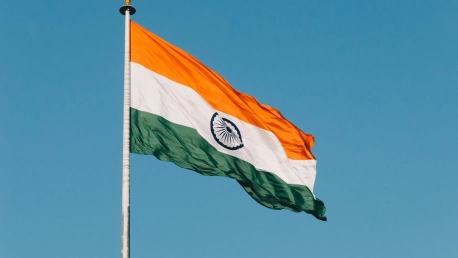At the recent 13th World Trade Organization conference in Abu Dhabi, a unique alliance formed among usual rivals—the US, EU, and China—over trade issues. This rare consensus stood in stark contrast to India’s assertive stance, which diverged sharply from the usually moderate positions associated with the global south. India’s firm opposition to specific trade policies has drawn significant attention, signaling a potential shift in the dynamics of international trade. With one of the world’s largest and rapidly growing economies taking such a stance, this development suggests that we may be on the brink of a new kind of trade conflict, one where the diverging interests of emerging powers shape the global economic landscape in novel ways. This unusual agreement among traditional geopolitical competitors, juxtaposed with India’s resistance, poses critical questions about the future direction of global trade relations.
India’s Contentious Trade Decisions
The bone of contention at the conference revolved largely around fishery subsidies reform, the moratorium on digital service tariffs, and a deal to improve foreign direct investment in developing countries. India’s outright objection to these proposals sent ripples across the negotiation tables, hinting at deeper dissatisfaction with the status quo of global trade policies managed mostly by developed nations. Fishery subsidies, a lifeline for millions of its small and marginal fishermen, became a battleground with India staunchly opposing a move that seemed to threaten their livelihood under the guise of environmental conservation. The EU’s carbon border tax, along with other ‘green measures,’ has been perceived by India as new age protectionism that might unfairly disadvantage emerging economies.For the digital sectors, too, India held its ground firmly. In resisting the extension of a tariff moratorium on digital services, India marks its territory in the burgeoning global digital economy. With Europe’s significant stake as a digital services exporter, India’s posture signals possible new trade battles ahead. This resistance not only critiques the current digital governance but also pre-empts a future where India sees itself as a digital heavyweight, willing and able to negotiate terms that better serve its interests and those of similar economies.
Europe’s Dilemma and Global Trade’s Direction
The European Union is at a strategic pivot, navigating the delicate balance between managing relationships with rising economic powers like India and keeping an eye on the US, particularly under the shadow of a potential Trump-led government return. India’s assertive trade policies presage a shift from uniform trade accords to more nuanced, country-specific engagements. Europe must adapt its approach to meet these varied challenges. The immediate issue is India’s stance, which may trigger fresh trade conflicts, potentially overshadowing EU preparations for potential US policy shifts. As India takes a firm position at the WTO summit in Abu Dhabi, it not only sets a new direction in its trade philosophy but also may signal a turn in the global trade narrative, compelling the EU and other economies to adjust their strategies with the global south. The EU’s challenge is to strike a preemptive balance with the US while directly addressing the pressing trade frictions with countries like India.









